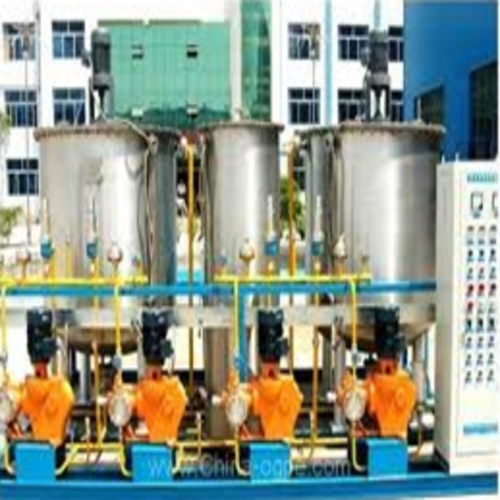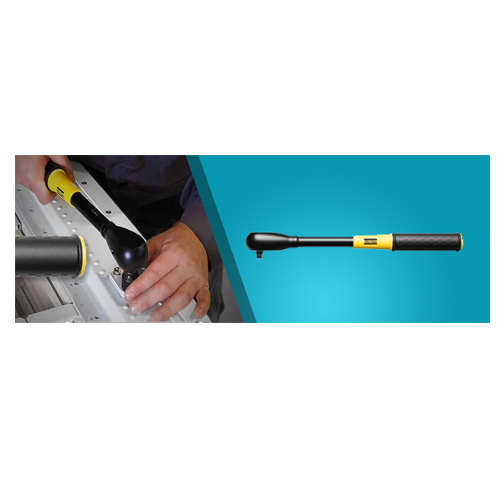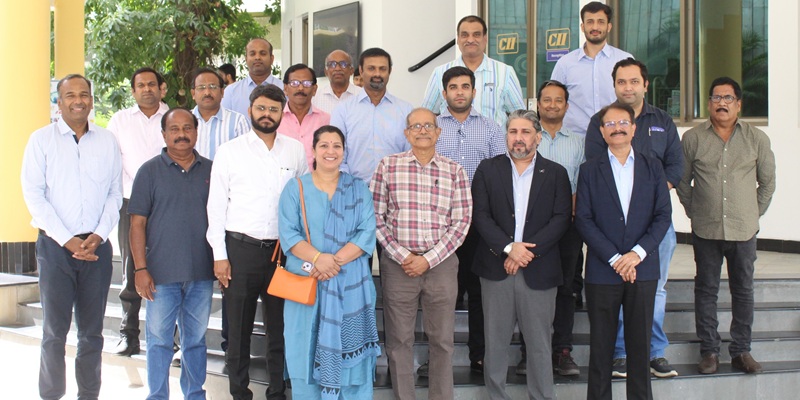Schedule a Call Back
Volvo Penta Launches CPCB II Compliant Engines
 Technical Articles
Technical Articles- May 05,14
The two new 16-litre CPCB Stage II diesel engines for generators, apart from endorsing Volvo Penta's commitment to India, speak about the company's abilities, reports Bhushan Mhapralkar.
With the CPCB Stage II emission norms coming into force, Volvo Penta has launched two 16-litre diesel engines for generators in the 600 kVA and 650 kVA range. These two new engines add to the company's range of CPCB II compliant engines that include a 7-litre, 250 kVA diesel engine. With 70 per cent of Volvo Penta's business in India coming from gensets, it is easy to understand that the Swedish company is also keen to stress upon its commitment for the Indian market. The smallest company in the Volvo Group, which is rather known for its commercial vehicles spread across five brands, Volvo Penta contributed 30 per cent to the group's sales at $ 1.2 billion. The Asia-Pacific region contributed 27 per cent. The biggest contributor was Europe at 49 per cent. Structured under two business segments - marine and industrial - the interests of the company, apart from gensets, includes the supply of marine engines and related solutions to commercial craft manufacturers. The company also caters to the off-highway segment, a big part of which includes mining and material handling.

The two new engines - TWD1652GE and TWD 1653GE - are sourced from Volvo's Skovde engine plant in Sweden, and claim to be durable and robust for optimum uptime. Also claimed to offer low fuel consumption, and therefore low cost of ownership, the two new engines promise high power density and a smaller footprint. A partner rather than a supplier according to Bjorn Ingemanson, President, Volvo Penta, the need of the time in India is to increase competitiveness. "This," opined Ingemanson, "calls for a need to source locally." Having visited the group's new engine manufacturing plant at Pithampur, Ingemanson and his team is keen to leverage the opportunity. They are keen to have the 5-litre (MD5) and 8-litre (MD8) engines made at Pithampur. The plant already makes these engines for the group's local and international needs. They are however commercial vehicles oriented, and find application in the group's commercial vehicles. Generator oriented engines for Volvo Penta will take time, and the company is said to be working on that aspect. Unable to add a time-line to the start of local roll out of MD5 and MD8 engines, Ingemanson expressed that the currency rate makes production in India extremely favourable for those outside of India.
With commitment to build engines with clean combustion and fewer emissions, which would also help enhance fuel efficiency, the two new diesel engines sport two-stage turbocharging. Subject to using locally sourced components, which involves local consumption as well as supply of components to Volvo's global destinations, the two engines could include aluminium cast parts sourced from India. Starting to source components (articles) from India in 2011, much later than Volvo Trucks' effort to sources components from India, Volvo Penta is seeking aluminium castings according to Lars Ljungqvist, Senior Vice President - Planning, Product Development & Purchasing. "Starting with aluminium castings, we are looking at sourcing heat exchangers (radiators) and turbochargers from India," averred Ljungqvist.
Aiming at the power-generators market, estimated at 24,000 units, as a premium player according to S Prabhakaran, Vice President, Industrial & Marine Power Systems, Volvo Penta (India), the need is to address a 30,000 mega-watt power deficit. Ensure smooth availability of power to diverse industrial sectors including mining, industries, automotive and equipment manufacturers. Focusing on alternate fuels apart from enhancing the fuel efficiency and lowering emissions of the existing engine range, Volvo Penta is keen to do all that it takes to stay competitive; leverage opportunities like local sourcing and offer what the market needs. The introduction of two 16-litre CPCB Stage II compliant engines (they share the block with that of the 16-litre engine that powers the Volvo FH16 Globetrotter!) is indicative of Volvo Penta's commitment to India as well as its future course of journey in the country.
Related Products

Ozone System
Omnicorp Environs & Infratech Co offers a wide range of ozone systems.

SWR ’Slipping’ Wrenches
Reliable
Trade Links offers a wide range of SWR ’slipping’ wrenches.

Gripping Systems – Rgg
Schunk Intec India Pvt Ltd offers a wide range of Gripping Systems – RGG - cleaning
device with shank interface.















